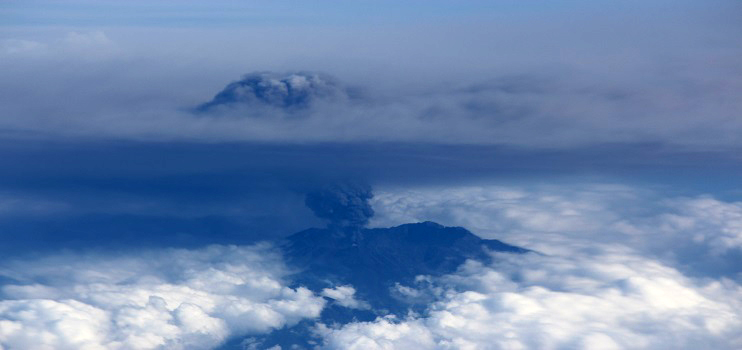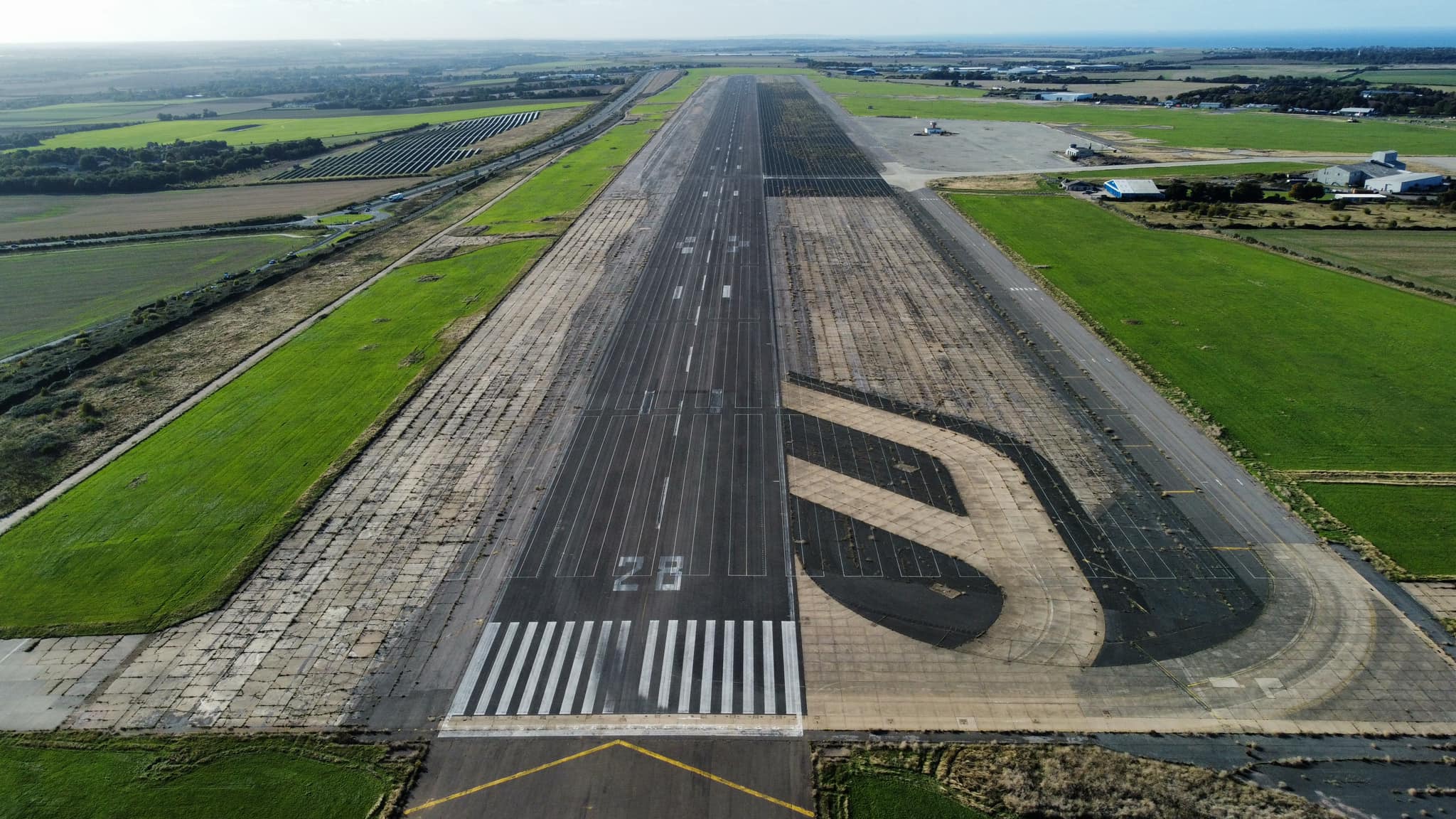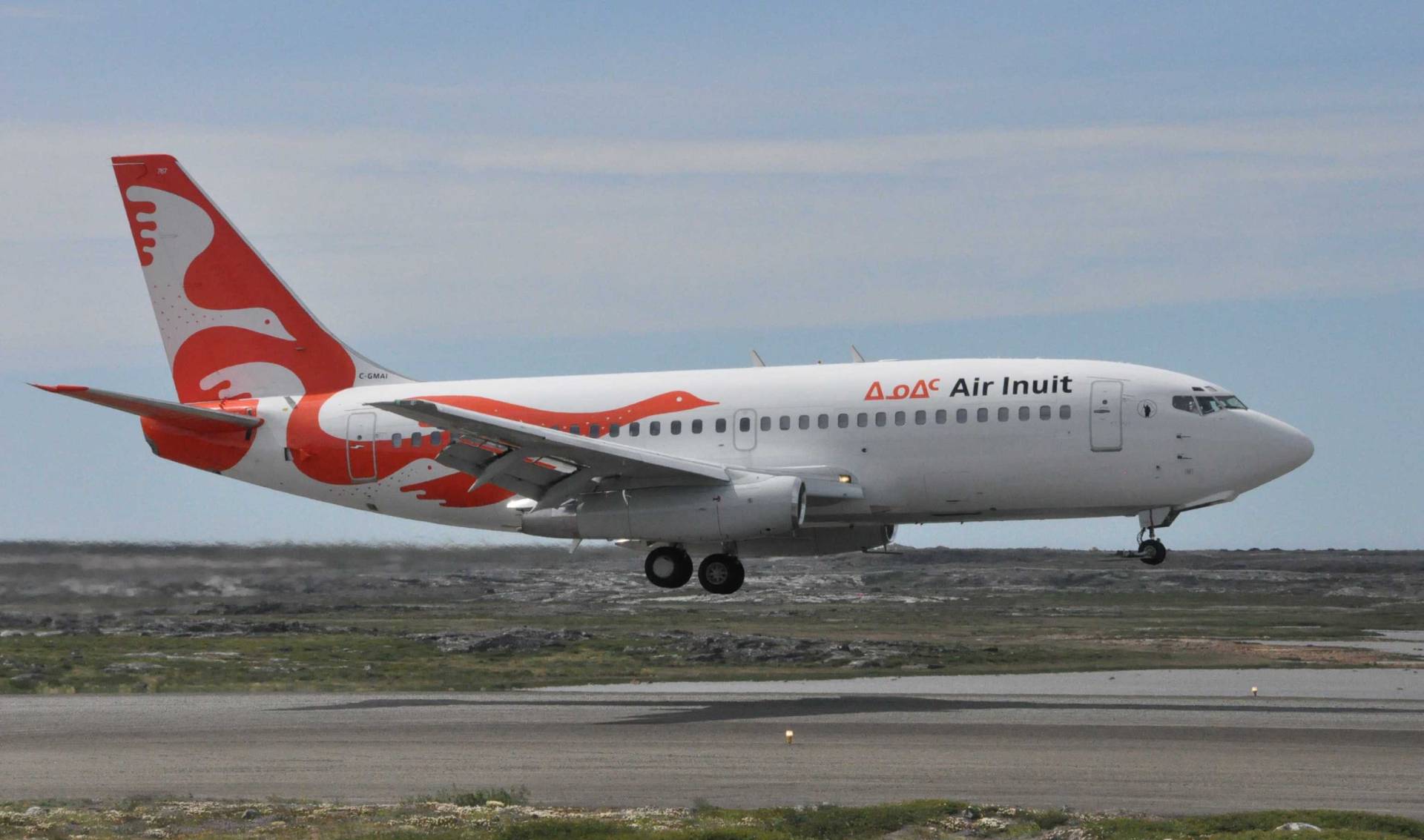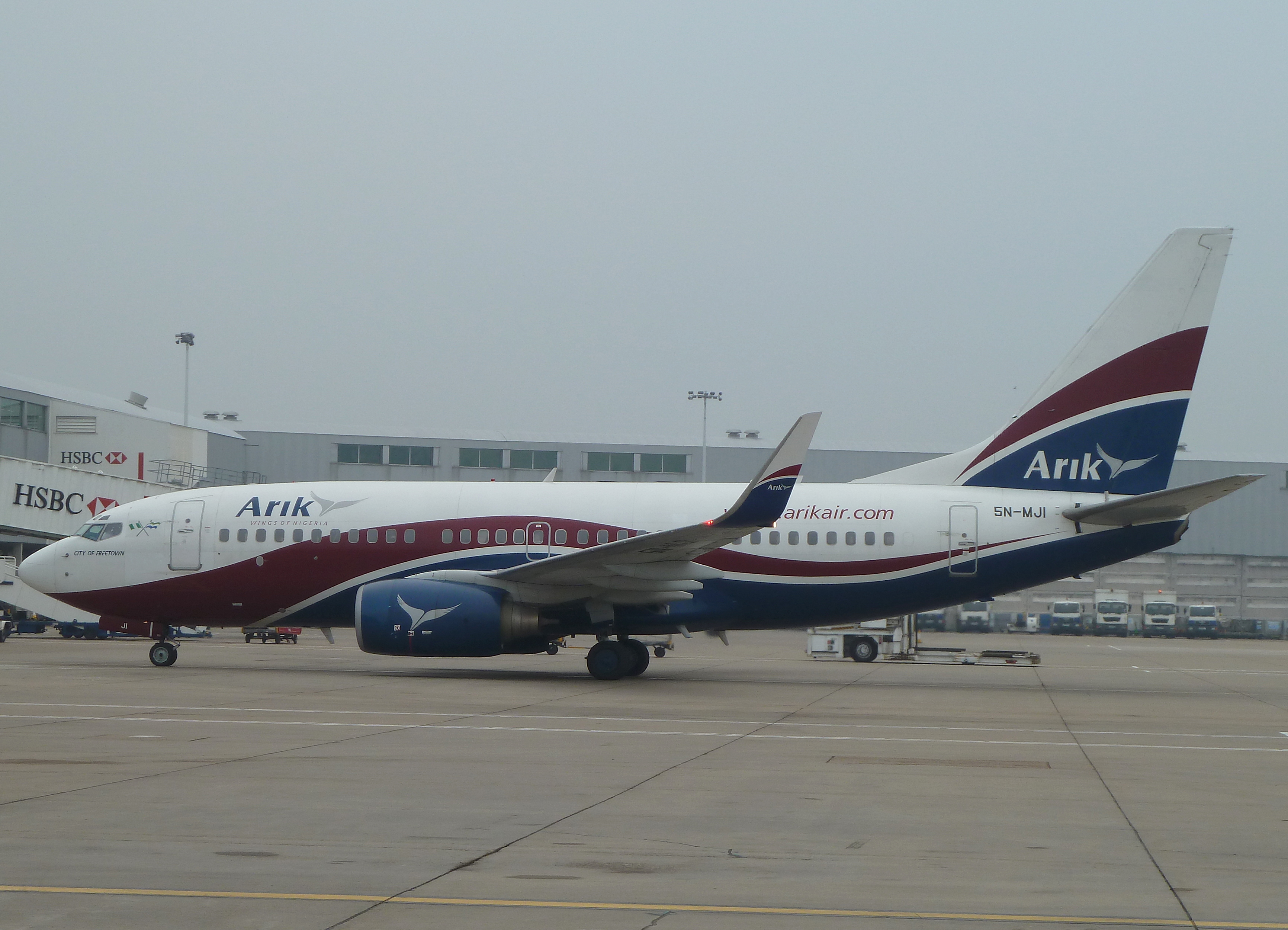The travel plans for thousands of holidaymakers have been thrown into disarray by the ash cloud from the eruption of Mt Rinjani on the island of Lombok, adjacent to Bali.
Indonesian authorities have been forced to close both Bali and Lombok airports till at least Friday Nov 6th.
And volcanologists have warned that the eruption may last for some time with the last one in 2009 lasting 18 months.
Bali airport handles 300 international and domestic flights a day and 40,000 passengers.
Indonesian authorities closed the airport at 11pm Tuesday night and the ban applies till Friday morning when the situation will be reassessed.
Virgin Australia and Jetstar have cancelled all flights till Friday.
The airline says that passengers whose flights have been cancelled will be advised of their new flight details via SMS or email, or they can contact the Guest Contact Centre on 07 3119 7019 (from Australia), 00 1803 061 2002 (from Indonesia).
Virgin Australia is also advising passengers currently in Bali not to travel to Denpasar Airport without a confirmed rebooked flight.
It said that it will “continue to monitor the movement of the ash cloud from Mt Rinjani in Lombok, with the latest information from the Volcanic Ash Advisory Centre (VAAC) and will resume flying as soon as it is safe to do so.”
Jetstar added that once it had resumed flights, it will schedule additional services to enable customers to travel to or from Bali.
Volcanic ash clouds have wreaked havoc with aircraft — shutting down engines and blocking critical speed sensors, rendering critical flight control systems useless.
According to Boeing, there have been over 90 serious ash encounters over the past 30 years.
The most serious was a British Airways flight from Kuala Lumpur to Perth in June 1982 when a Boeing 747 flew into the thick ash cloud from Mt Galunggung in Indonesia.
It took the crew an agonising 13 minutes to get the engines restarted while the plane descended from 37,000 feet to just 13,500 feet.
Less dramatic but potentially more serious is the damage to aircraft systems. If volcanic ash fouls the critical pitot tubes, the indicated airspeed can decrease or fluctuate erratically and affect flight computers.
Last year a Jetstar flight from Perth to Jakarta flew at night through unexpected volcanic ash, leaving the airline with a $20 million damages bill.
Australia’s Civil Aviation Safety Authority warned Australian airlines earlier this year to stay away from the ash cloud because of the danger to passengers, crew and possible damage to the plane.
Have questions or want to share your thoughts?






